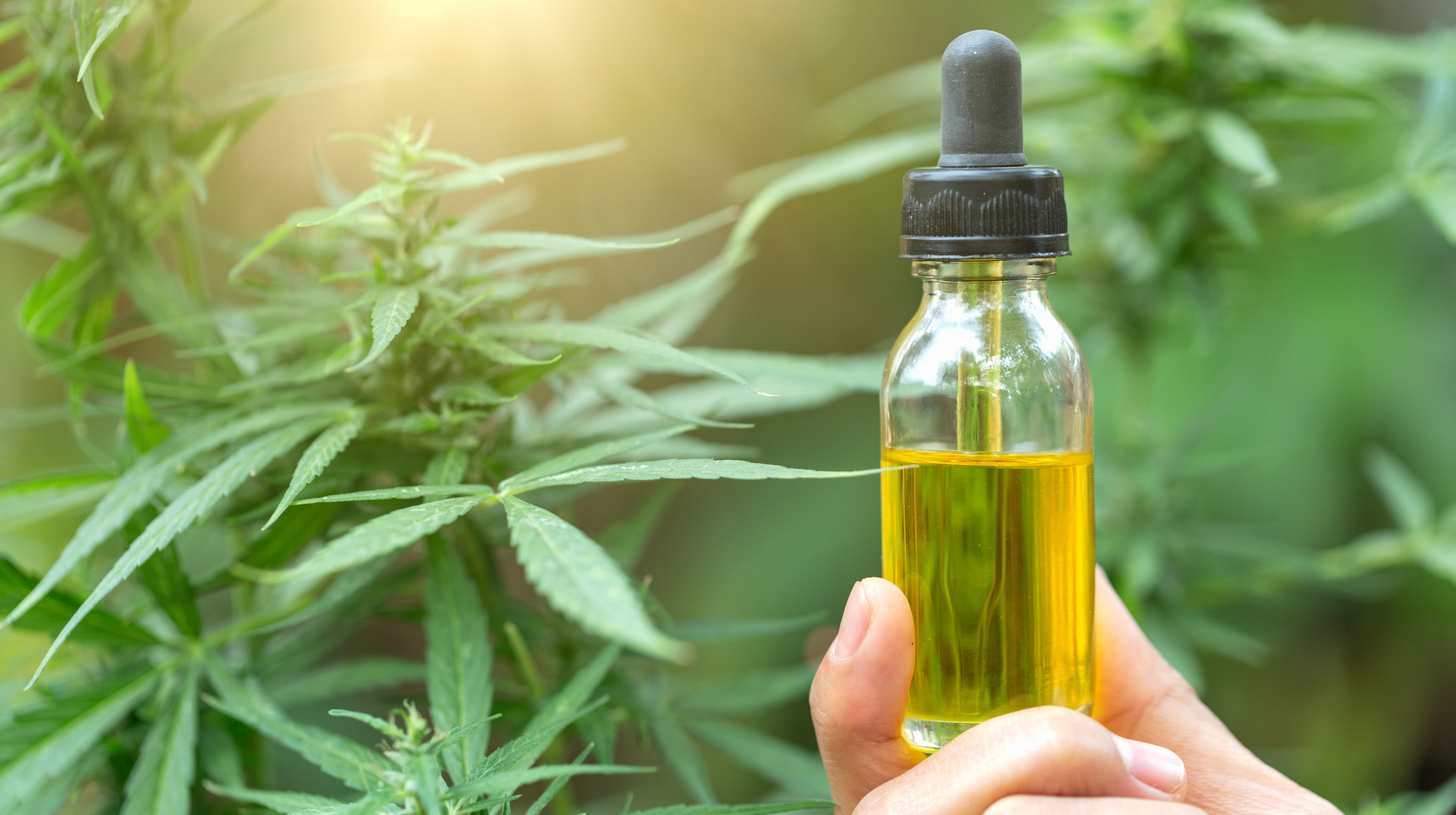Another State Bans CBD In Food And Drinks, Citing FDA Stance
CBD may be going mainstream of late, but when it comes to using the hemp-derived, non-psychoactive cannabinoid in food and drinks, there's still a lot of ironing out to be done—particularly at the federal level. Even as restaurant chains, snack manufacturers, and Martha Stewart look to capitalize on a growing trend, the FDA still hasn't issued a formal verdict regarding whether CBD will be approved as a food and drink ingredient. Essentially, CBD in food is still a huge gray area.
As a result, many U.S. states are taking a more cautious, wait-and-see approach to allowing CBD on menus, pending the FDA's eventual judgment. While the 2018 Farm Bill allowed for the agricultural production of hemp plants, separate from cannabis' continued status as a Schedule 1 drug, CBD's use in restaurants and foods is still not federally approved.
At the beginning of August, the state of Washington became the latest state to ban CBD as a food and drink ingredient, joining numerous other states including North Carolina and Ohio. While some states have relaxed their policies on CBD-infused foods (Maine and Massachusetts have introduced policy changes throughout 2019, for instance), numerous others still refuse to allow it as an additive, often citing the FDA's stance. Food and drinks containing CBD were banned in New York City earlier in the year, and continue to serve as a topic of heated debate around the country.
Much of the confusion stems from the thin regulatory standards currently governing hemp growth; as outlined by the Washington Post, "The 2018 Farm Bill legalized hemp, but the legal status of hemp-derived cannabidiol remains in limbo. This is largely because CBD can be derived from hemp or cannabis, but if a hemp plant contains more than 0.3 percent THC (the active 'high' ingredient in marijuana) it is then technically a 'marijuana' plant." This keeps CBD production policy closely tethered to that of marijuana production, which leaves it in an unenviable position whenever legislation comes into play.
It's especially curious to see Washington, an early adopter of progressive cannabis policies, ban CBD in food and drinks. But it's just the latest indication that when so much of the legality around hemp-based products still has yet to be determined, one of the nation's biggest growth industries is going to keep finding itself stuck in the waiting room.
